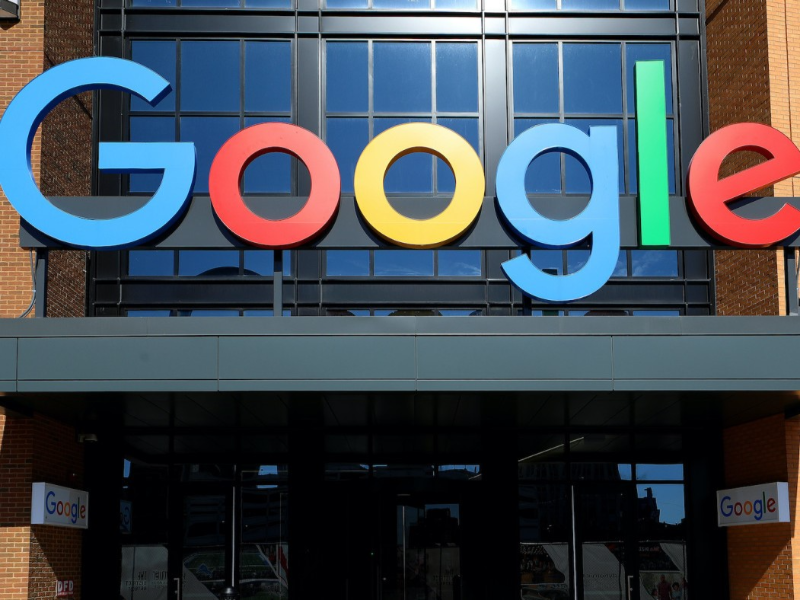- Alphabet seeks dismissal of a $9.3 billion lawsuit, alleging Google abuses its search market dominance through unfair practices.
- Claimants accuse Google of inflating ad costs and making unfair deals, including with Apple’s Safari.
OUR TAKE
This case exemplifies the growing concern over tech giants’ market dominance. If proven, such practices could unjustly inflate costs for both businesses and consumers. The tribunal’s ruling could set a critical precedent, influencing future regulation and competition laws in the digital space, ensuring fairer practices and potentially better outcomes for consumers.
–Vicky Wu, BTW reporter
What happened
Alphabet, the parent company of Google, has petitioned a London tribunal to dismiss a collective lawsuit that alleges the technology giant has abused its dominant position within the online search market.
Alphabet faces a lawsuit worth up to £7 billion ($9.3 billion) in the British Competition Appeal Tribunal. This case is part of a series of prominent legal challenges presented to the tribunal in recent times. Consumer rights campaigner Nikki Stopford leads the charge, alleging that Google’s control over the search market permits it to increase the cost of search ads for businesses—costs that are eventually borne by consumers.
The lawsuit cites a hefty €4 billion ($4.5 billion) penalty imposed by the European Commission in 2018 on Google, for enforcing restrictive measures on manufacturers of Android devices—a verdict Google is appealing. Furthermore, the claim accuses Google of entering into an unfair agreement with Apple, making Google the default search engine on Apple’s Safari browser in return for a share of Google’s mobile search ad revenue.
Also read: Google halts $200M data centre project in Chile over environmental concerns
Also read: EU antitrust officials likely to avoid break-up order for Google
Why it’s important
This legal challenge underscores the ongoing scrutiny faced by tech giants like Google regarding their competitive practices. With significant financial implications, the outcome of this suit could redefine the landscape of online search and advertising markets, impacting not only the companies involved but also setting precedents for future antitrust cases.
Furthermore, the lawsuit highlights the broader debate around data privacy and the balance of power in the digital marketplace. Should the claimants prevail, it may lead to stricter regulations and oversight of tech companies operating within the UK and the EU.
For consumers, the case raises questions about the true cost of internet services and the potential for monopolistic practices to affect everyday spending. As Google refutes the allegations, stating that consumer harm is non-existent, the tribunal’s decision will be pivotal in determining the validity of these claims and the future direction of competition law in the digital era.

